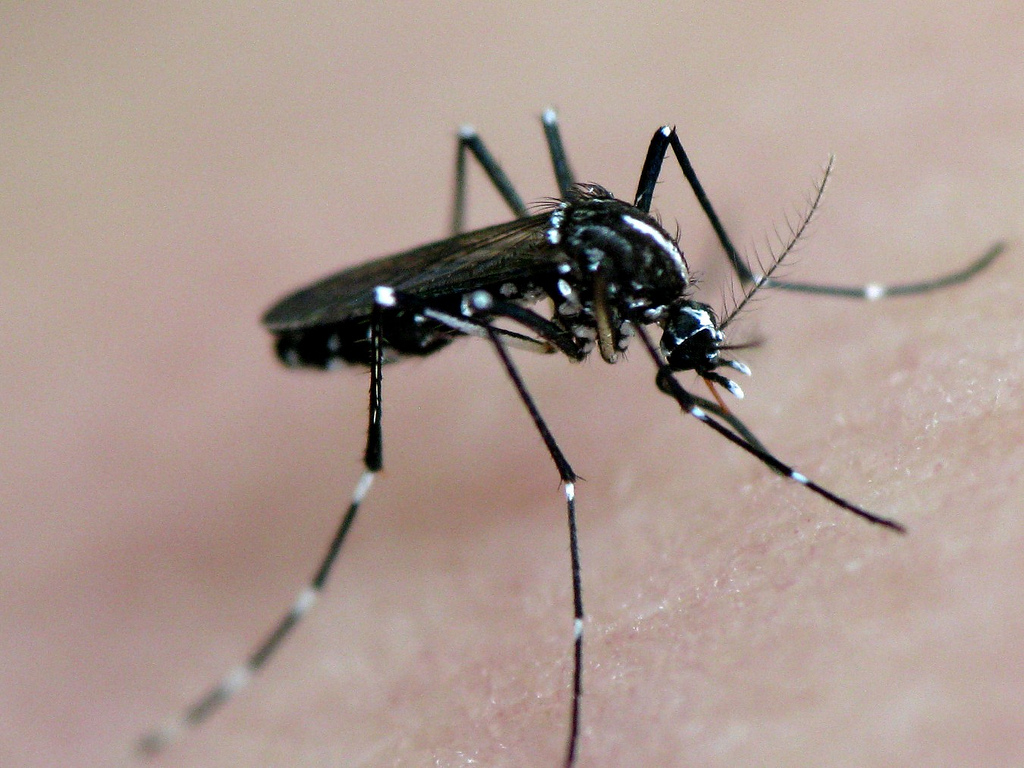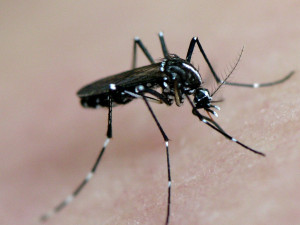Wildlife and Habitat
The Trouble With Sustainability
Since its inception, sustainability has been human-centric. It came into vogue in 1987, with the publication of a UN report called Our Common Future, which defined sustainable development as: “Development that meets the needs of the present without compromising the ability of future generations to meet their own needs.”
Reducing Methane In The Atmosphere
Methane is the main component of natural gas. It is also a potent greenhouse gas, having 25 times the heat trapping ability of carbon dioxide.
Breeding Super Corals
The world’s coral reefs are increasingly threatened by the changing climate. Both warmer ocean temperatures and increasing ocean acidification are damaging coral populations and endangering the very existence of coral reefs.
Leave Leaves Alone
In natural ecosystems, there is little waste. Nutrients taken up by plants are returned to the soil when plants die and decompose. Food eaten by animals is excreted; at the end of their lives, animals are also returned to the soil. Ecologists call this nutrient loop a biogeochemical cycle.
Mercury And Selenium Pollution In The Grand Canyon
The Grand Canyon Reach of the Colorado River is breathtaking and remote. For hundreds of miles, the rugged landscape renders the river virtually inaccessible to people. Those intrepid enough to explore the area are treated to red rocks, blue skies, and meandering waters.
[Read more…] about Mercury And Selenium Pollution In The Grand Canyon
Ocean Plastic And Birds
We have talked about the plastic blight – the growing presence of discarded plastic polluting our streets and our waterways. We have discussed the so-called garbage patches in the ocean, composed primarily of plastic. A new study discusses the effects of ocean plastic pollution on seabirds and the results are horrifying.
Plastic Shopping Bags: A Modern Blight
Single use plastic shopping bags are the norm at grocery stores, pharmacies, and big box retailers. They are also a familiar sight tumbling down roads, waving from trees, clogging storm drains, and polluting lakes, streams, rivers, and oceans.
Outsourcing Our Emissions
The average American is responsible for one of the largest carbon footprints in the world. Some 37% of our carbon emissions is associated with electricity generation; 33% stems from transportation – largely personal automobiles. The remaining 30% is attributed to industry, residential use, and agriculture.
Counting Trees
A new satellite study led by Yale University and published in the journal Nature calculates that there are more than three trillion trees on Earth. This is seven and a half times more than previous estimates, which had calculated just over 400 billion trees worldwide.
Less Beef
In the Northeast, grilling season is almost over. While many will miss backyard barbecues, it’s high time that we rethink the American summer ideal of a thick, juicy steak.
Solar Power And The Landscape
The use of solar power is growing rapidly but with all the growth, solar power only provides 1% of the country’s electricity. On the other hand, in 2014, solar power accounted for almost a third of all the new US electric generating capacity. According to the International Energy Agency, solar power could be the world’s leading source of electricity by the year 2050.
Global Extinction Rates And Biodiversity
Many ecologists believe that the sixth mass extinction is underway. Whereas previous mass extinctions have been associated with cataclysmic events like asteroid strikes, this one is said to be associated with the impact of humanity on nature.
Getting The Lead Out
Lead. Romans made pipes out of it. Armies use it for bullets, artists and builders for paint. And, automotive engineers once added lead to gasoline to make engines run better. The problem: lead is toxic to humans.
The Expanding Threat Of Algal Blooms
It may seem like we are constantly talking about toxic algal blooms – in the ocean, in lakes, and in rivers. That’s because they are occurring with greater frequency and are posing a greater threat than they have in the past.
The Wind Boom Continues
Wind power continues to increase its contribution to the US power grid. The second quarter of this year saw almost 1.7 GW of new turbines come on line and there are almost 14 GW under construction.
Wikipedia: Especially Unreliable for Politically Controversial Science Topics
Wikipedia is world’s most popular online encyclopedia, the sixth most visited website in America, and a source most students rely on. But, according to a recent study, Wikipedia entries on politically controversial science topics can be especially unreliable.
[Read more…] about Wikipedia: Especially Unreliable for Politically Controversial Science Topics






























